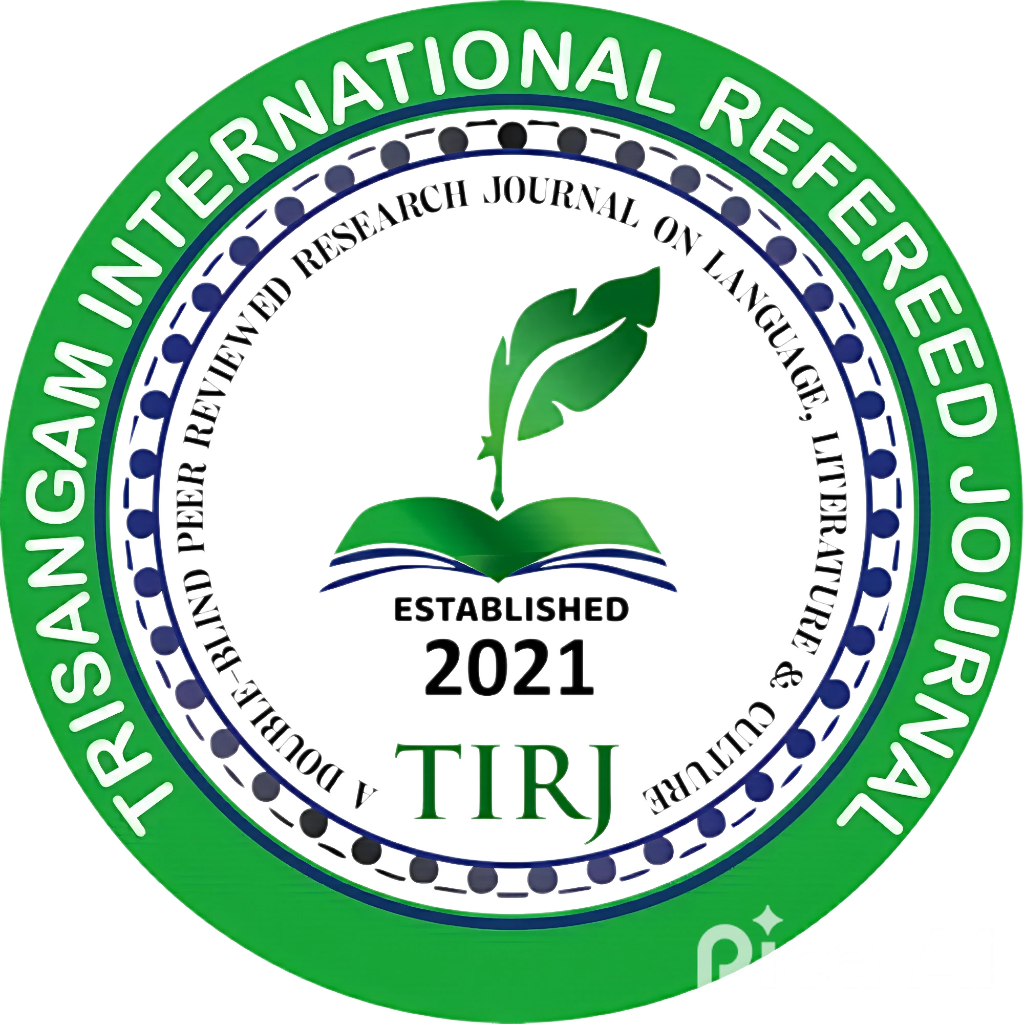Tilottama Majumdarer Chotogolpo: Pung-Tontro Biruddhotay Sroshta O Srishtir Protibadi Konthoswo/ তিলোত্তমা মজুমদারের ছোটগল্প : পুং-তন্ত্র বিরুদ্ধতায় স্রষ্টা ও সৃষ্টির প্রতিবাদী কন্ঠস্বর
Keywords:
- Feminism,
- patriarchy,
- self-reliance,
- women’s rights,
- liberty,
- severalty,
- protest,
- society
Abstract
Tilottama Majumdar is a renowned writer in Bengali literature in recent times. She is a novelist, short story writer, poet, essayist. However, her main identity and popularity is as the author of the first two literary works. She was born in North Bengal and spent her childhood in the Kalchini tea garden of Alipurduar district of North Bengal. She studied at Union Academy School there. Later, in 1985, she came to Kolkata to study at the undergraduate level at the Scottish Church College. Her writing began in 1993. One of the subjects of her writing is women. Women's characters usually occupy a large part in her writing. Their rights, self-reliance etc. are integrally involved in her writing. Since the beginning of civilization, society has been male-centric. Women are defined by the definition given by men. Their appearance, beauty, intelligence, and rights all are determined by the standards given by men. Times have changed - society has entered the third decade of the 21st century, but the position of women has not changed. Women are still the property of men, and men are the absolute masters of society. Despite various women-centric movements and theoretical discussions to protect women's rights, women's place in society has remained unchanged. The attempt to blunt women's brains with the tricks of saying that women are great, omnipotent, etc. has existed throughout the country. It is in this context that Tilottama Majumdar's women-centric stories have gained status in opposition to patriarchy and in a spirit of protest. In her stories the women try to strike a powerful blow at the patriarchal mentality of society. They are brave, financially strong, and possess modern thinking. This distinction is not imposed on them; they are like the story-writer’s own entity. The writer's own mentality towards establishing women's rights seems to be embedded in the characters. And in this way, the stories become a text of a special statement beyond the limits of the story. In the present article, an attempt will be made to recognize the uniqueness of women in the light of some such stories.
Downloads
References
১. ভট্টাচার্য, তপোধীর, প্রতীচ্যের সাহিত্যতত্ত্ব; অমৃতলোক সাহিত্য পরিষদ, ২০০৬, পৃ. ১০৪
২. আজাদ, হুমায়ুন, নারী; আগামী প্রকাশনী, ১৯৯২, পৃ. ৩৩৩
৩. তদেব; পৃ. ২৩৩
৪. তদেব; পৃ. ২৩৪
৫. বেগম রোকেয়া সাখাওয়াত হোসেন, স্ত্রী জাতির অবনতি; মতিচুর, রোকেয়া রচনাবলী, বাংলা একাডেমী, ঢাকা, ১৯৭১, পৃ. ২০
৬. আনন্দবাজার পত্রিকা অনলাইন; ৭ই মার্চ, ২০১৮, ২০:৪৯
৭. YouTube Link : https://youtu.be/Mn3c4_fUeTE?si=aFP0hH_pu0xP59xx






